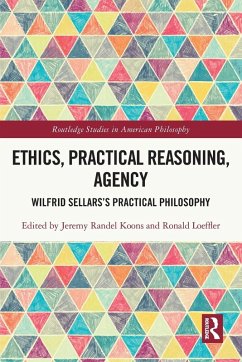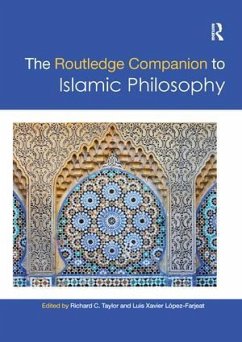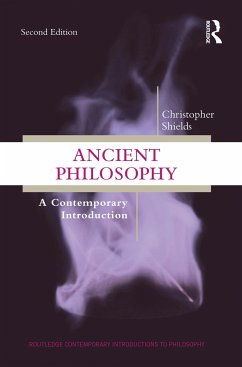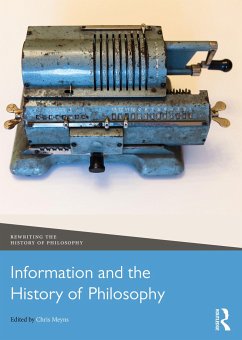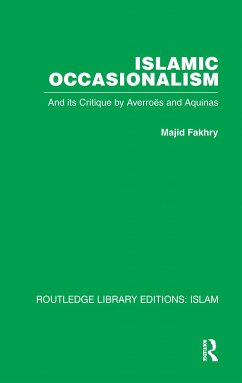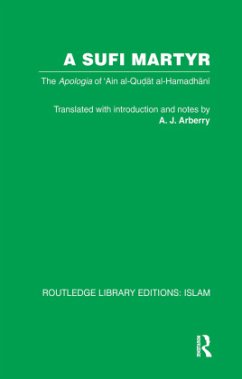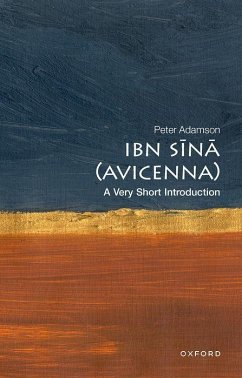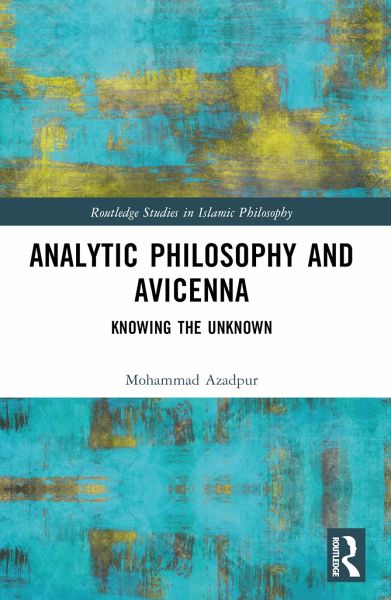
Analytic Philosophy and Avicenna
Knowing the Unknown
Versandkostenfrei!
Versandfertig in 6-10 Tagen
45,99 €
inkl. MwSt.
Weitere Ausgaben:

PAYBACK Punkte
23 °P sammeln!
This work engages in a constructive, yet subtle, dialogue with the nuanced accounts of sensory intentionality and empirical knowledge offered by the Islamic philosopher Avicenna.This discourse has two main objectives: (1) providing an interpretation of Avicenna's epistemology that avoids reading him as a precursor to British empiricists or as a full-fledged emanatist and (2) bringing light to the importance of Avicenna's account of experience to relevant contemporary Anglo-American discussions in epistemology and metaphysics. These two objectives are interconnected. Anglo-American philosophy p...
This work engages in a constructive, yet subtle, dialogue with the nuanced accounts of sensory intentionality and empirical knowledge offered by the Islamic philosopher Avicenna.
This discourse has two main objectives: (1) providing an interpretation of Avicenna's epistemology that avoids reading him as a precursor to British empiricists or as a full-fledged emanatist and (2) bringing light to the importance of Avicenna's account of experience to relevant contemporary Anglo-American discussions in epistemology and metaphysics. These two objectives are interconnected. Anglo-American philosophy provides the framework for a novel reading of Avicenna on knowledge and reality, and the latter, in turn, contributes to adjusting some aspects of the former.
Advancing the Avicennian perspective on contemporary analytic discourse, this volume is a key resource for researchers and students interested in comparative and analytic epistemology and metaphysics as well as Islamic philosophy.
This discourse has two main objectives: (1) providing an interpretation of Avicenna's epistemology that avoids reading him as a precursor to British empiricists or as a full-fledged emanatist and (2) bringing light to the importance of Avicenna's account of experience to relevant contemporary Anglo-American discussions in epistemology and metaphysics. These two objectives are interconnected. Anglo-American philosophy provides the framework for a novel reading of Avicenna on knowledge and reality, and the latter, in turn, contributes to adjusting some aspects of the former.
Advancing the Avicennian perspective on contemporary analytic discourse, this volume is a key resource for researchers and students interested in comparative and analytic epistemology and metaphysics as well as Islamic philosophy.






